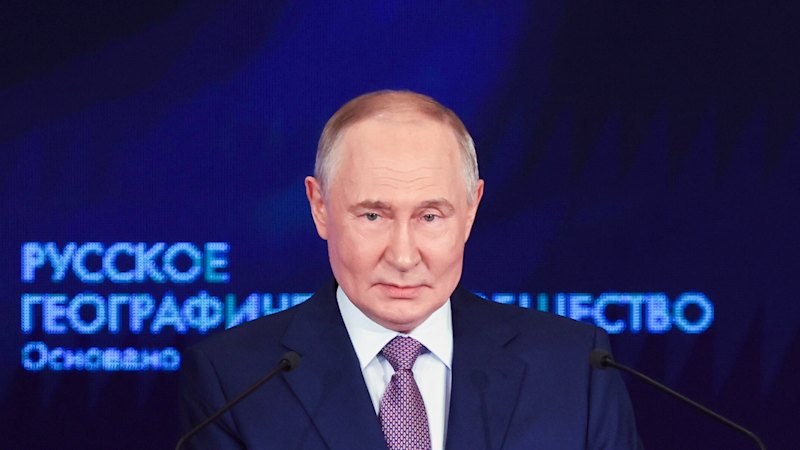
Chinese and Indian refiners are reducing their imports of Russian oil following the imposition of new sanctions by the United States targeting two of Russia’s largest oil companies. The sanctions, which specifically target Rosneft and Lukoil, have led to a sharp increase in global oil prices, rising by 5 percent on the news. This move comes as a response to Russia’s ongoing military actions in Ukraine.
Impact on Global Oil Markets
On March 15, 2024, Donald Trump announced sanctions aimed at pressuring Vladimir Putin to cease hostilities in Ukraine. Trade sources confirmed that Chinese state oil majors have temporarily suspended their purchases of Russian oil. Additionally, Indian refiners, who are the largest buyers of seaborne Russian oil, are preparing to make significant cuts to their crude imports.
The sanctions are notable for targeting companies that collectively account for over 5 percent of global oil output. This marks a significant shift in U.S. policy, as Trump had recently indicated plans for a summit with Putin to discuss the conflict. The sanctions signal a strong U.S. intent to financially isolate Russia, although the immediate financial impact on Moscow may be limited.
Putin dismissed the sanctions as “an unfriendly act,” asserting they would not have a substantial effect on the Russian economy. He emphasized Russia’s vital role in the global energy market, warning that a reduction in supply could lead to increased prices, which would be detrimental to countries like the United States.
“This is, of course, an attempt to put pressure on Russia,” said Putin. “But no self-respecting country and no self-respecting people ever decides anything under pressure.”
Reactions and Future Implications
In the wake of the sanctions, Trump expressed skepticism about Putin’s assertion that the sanctions would have little impact. “I’m glad he feels that way. That’s good. I’ll let you know about it in six months from now,” he remarked to reporters.
The conflict in Ukraine continues to escalate, with Ukrainian President Volodymyr Zelensky urging U.S. and European allies for long-range missiles to turn the tide. In response, Putin warned that Moscow would have a “very serious, if not overwhelming” response to any attacks deep within Russian territory.
As discussions continue among European Union leaders regarding financial support for Ukraine, Zelensky hailed the sanctions as “very important.” However, he stressed that additional pressure is necessary to prompt Russia towards a ceasefire. Despite recent calls for an immediate ceasefire, Russia has maintained that it opposes such measures, believing they would merely provide Ukraine with a chance to regroup.
This week, leaders of the EU and NATO met in Brussels to address Ukraine’s urgent financial needs, agreeing to support its requirements for the next two years. Nonetheless, they did not endorse the use of frozen Russian assets for large loans to Ukraine, a point of contention highlighted by Belgium.
In an effort to further diminish Moscow’s revenue, the EU has enacted its 19th package of sanctions, which includes a ban on Russian liquefied natural gas imports. Despite these efforts, the EU imported over 11 billion euros of Russian energy in the first eight months of 2024, with liquefied natural gas becoming the largest import category.
Currently, Russian oil and gas revenue has declined by 21 percent year-on-year, accounting for about a quarter of Russia’s national budget. While the sanctions aim to curb Moscow’s financial resources for the ongoing conflict, it is important to note that Russia’s primary revenue comes from taxing oil output, not exports, potentially softening the immediate impact of these measures on its economy.







